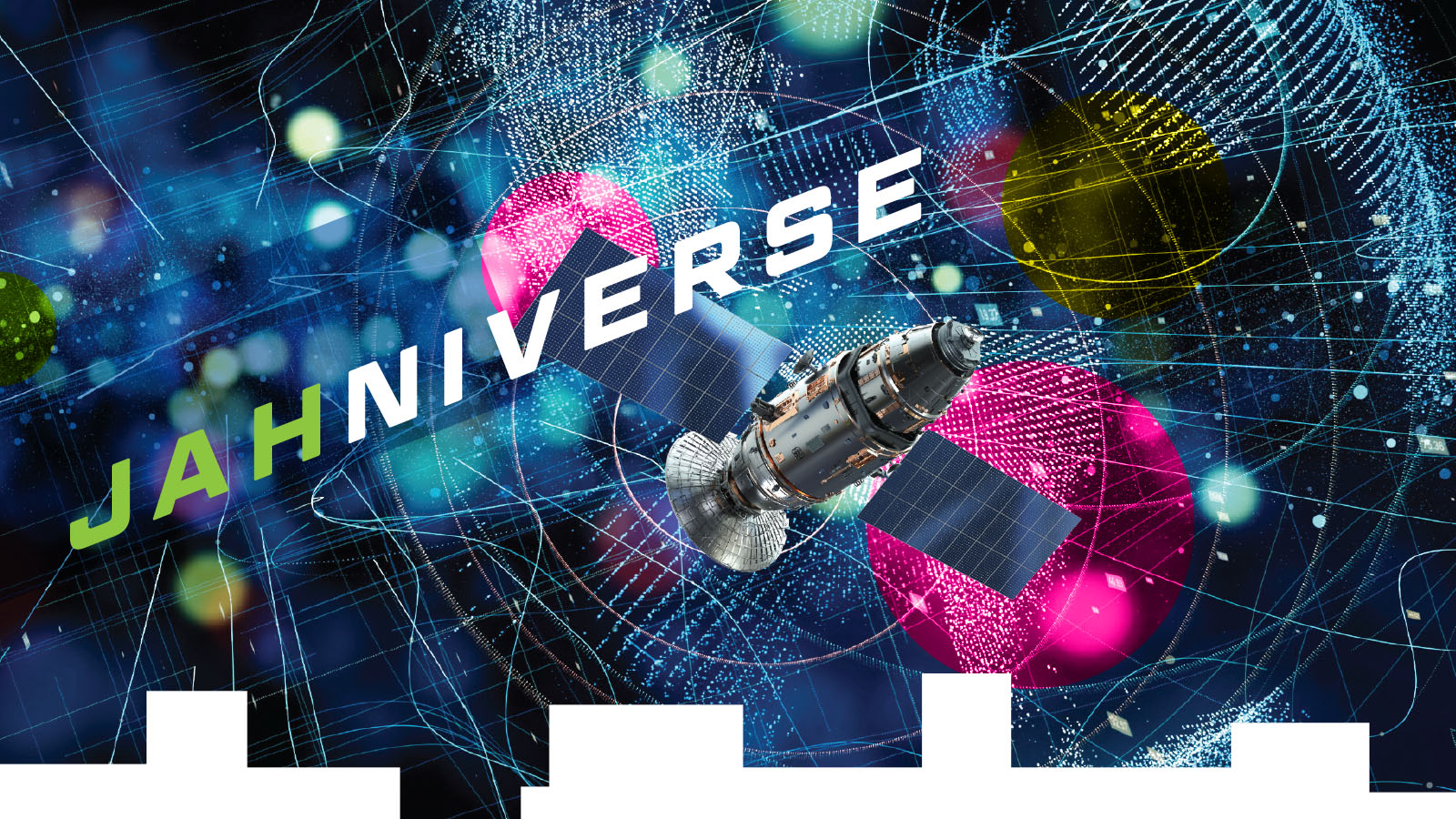Stay Up to Date
Submit your email address to receive the latest industry and Aerospace America news.
The global space community must not allow Russia’s anti-satellite demonstration in November to recede into the long history of space-faring nations harming the space environment and suffering no consequences.
The community needs a peaceful method for deterring Russia or other nations from conducting the next experiment like the destruction of the Cosmos 1408 satellite. Commercial operators took evasive action, and NASA postponed a spacewalk from the International Space Station as a precaution. Such actions come at a cost, and actors like Russia should have to compensate the victims.
Achieving this kind of deterrence may require strengthening the international treaty and convention that are supposed to prevent such dangerous actions like this by clarifying the meaning of “harmful interference” in the treaty language.
Right now, space actors can only be held liable if they create an outright calamity in orbit. This is laid out in the United Nations Convention on International Liability for Damage Caused by Space Objects, which defines damage as the “loss of life, personal injury or other impairment to health; or loss of or damage to property of States or of persons.” If proof of damage can be demonstrated, then a nation can pursue compensation.
So far, we have no causal evidence of physical damage resulting from the Russian ASAT demonstration, but as Carl Sagan might have reminded us, absence of evidence is not evidence of absence. What we do know is that the debris field put astronauts and cosmonauts at risk and forced NASA to delay replacement of a communications antenna on ISS for two days. Elon Musk tweeted that SpaceX had to since maneuver Starlink satellites out of the way of the debris cloud in order to lower the computed probability of collision. Others likely altered their space operations too. There is a cost to doing these things, and an actor who behaves as Russia did should have to compensate those who’ve incurred costs.
How could this be done? The Outer Space Treaty of 1967, specifically, Article IX, could be amended to make clear that its reference to “harmful interference” is not restricted to physical damage and to create a mechanism for compensation in such cases. This would strengthen the treaty’s goal of protecting the “peaceful exploration and use of outer space.” Right now, the treaty says that if a country “has reason to believe” that its planned action in space poses “potentially harmful interference,” it should engage in “international consultations” before taking that action. In other words, the treaty left it up to Russia to decide what constitutes a chance of harmful interference, and if it saw no risk, then no action was necessary. But Russia must have known that its action would create the potential for harmful interference, given the decades of studies on the growing problem of space debris and the guidelines written and accepted by most space-faring nations, including Russia. Having to postpone a spacewalk and moving out of the way of debris constitutes harmful interference, because the peaceful exploration and use of outer space is hindered, and the victims incur an undue burden as well as an involuntary cost.
Once a definition of harmful interference is established, holding a space actor accountable also will require proving that this actor knew or should have known that there was a risk of harmful interference. For this, I propose a statistical hypothesis test as a community standard. The process could start with a null hypothesis that says, “There was no reason to suspect a possibility of harmful interference.” This hypothesis could only stand if the actor had no evidence of such a risk, insufficient evidence, or overwhelming evidence that there was no risk, in other words that the null hypothesis was true. Perhaps the International Institute of Space Law could define a threshold for rejecting this null hypothesis and holding the actor accountable under the Outer Space Treaty. Of course, the evidence required to show a statistically likely causal relationship of harmful interference would also need to exist. This would require multi-source and heterogenous data and information tasking, collection, processing, exploitation, and dissemination. Continuing supervision of space activities and events is at the heart of gathering this evidence, and it is unclear whether any single nation has the sole capability to achieve this at present.
The bottom line is that our space environment is now more polluted than it was before Russia decided to blow up one of its satellites. Simply condemning these acts does not provide enough incentive to deter them from reoccurring. Because money talks, ensuring a clear path to legal compensation for damages caused could serve as an effective incentive for deterring the reoccurrence of any destructive anti-satellite test.
About Moriba Jah
Moriba is a professor at the University of Texas at Austin and chief scientist at Privateer. He helped navigate spacecraft at NASA’s Jet Propulsion Lab and researched space situational awareness at the U.S. Air Force Research Laboratory, and is an AIAA fellow.
Related Posts
Stay Up to Date
Submit your email address to receive the latest industry and Aerospace America news.




